Everything you need to know about food production
Article By Philip
It is no secret that food is essential to our survival. Without food, we would not have the energy to function, let alone thrive. But food is about more than just fuel for our bodies. It is also about culture, tradition, and community. Different cultures around the world have unique food traditions that are passed down from generation to generation. These traditions are a source of pride and identity for many people. They also serve as a way to connect with others and to celebrate special occasions.
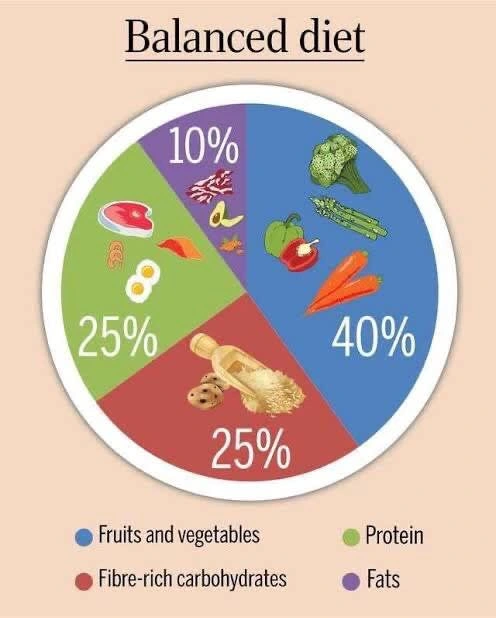
BALANCED DIET
In addition to its cultural significance, food also plays a vital role in maintaining our health. A well-balanced diet is essential for proper growth and development, as well as for preventing and managing certain diseases. Certain nutrients, such as vitamins, minerals, and essential fatty acids, can only be obtained through the foods we eat. Therefore, it is important to make sure that we are getting the right balance of nutrients in our diet. However, it is not just the nutrients in food that are important for our health. The way we eat also has an impact on our overall well-being.
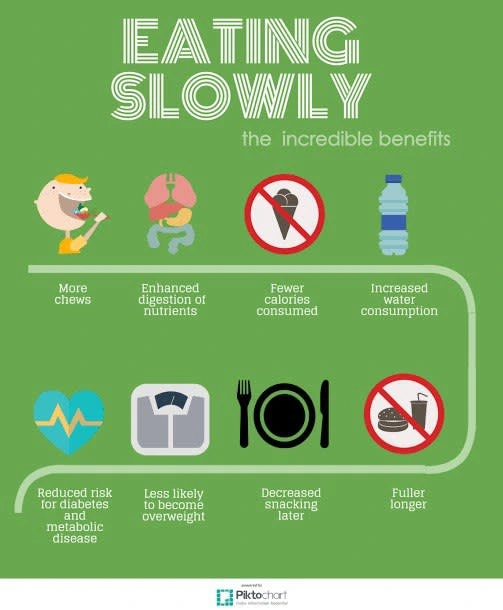
EATING SLOWLY
Eating slowly and mindfully is an important part of a healthy diet. It allows us to enjoy our food and to be more aware of when we are full. On the other hand, eating quickly or while distracted can lead to overeating and other health problems. In addition, the way we prepare our food can also affect its nutritional value. For example, boiling vegetables for too long can reduce their vitamin content. In addition to its impact on our physical health, food also affects our mental health. Eating a healthy diet can improve our mood, energy levels, and cognitive function. It can also help to reduce stress and anxiety.
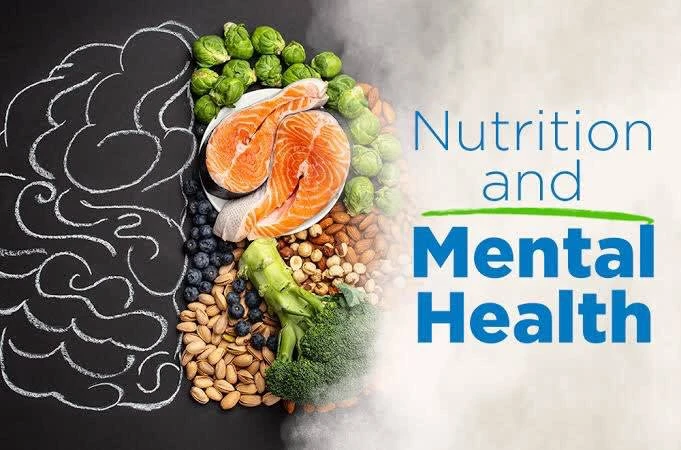
FOOD AND MENTAL HEALTH
The connection between food and mental health is so strong that some experts have even coined the term "nutritional psychiatry." This field of study explores the link between what we eat and how we feel. It also looks at the role of specific nutrients in maintaining mental health. For example, research has shown that a diet rich in omega-3 fatty acids can help to reduce symptoms of depression. It is clear that food plays a vital role in our overall health and well-being. Not only does it provide us with the nutrients we need to function, but it also affects our mental and emotional health.
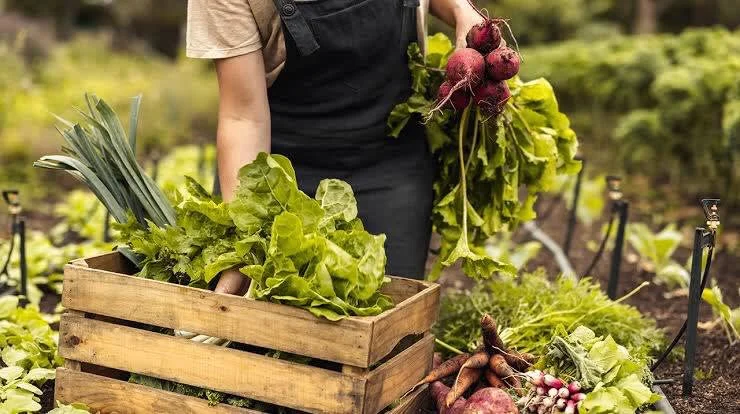
FOOD AND SUSTAINABILITY
In recent years, there has been a growing interest in the link between food and sustainability. As our planet faces the challenges of climate change and environmental degradation, we must consider the impact of our food choices. Conventional agriculture, for example, beef production has been shown to have a negative effect on the environment. It requires large amounts of water, energy, and pesticides, and it contributes to soil erosion and water pollution. As a result, there has been a growing movement towards sustainable agriculture and food systems. This includes practices such as organic farming, regenerative agriculture, and permaculture. These practices have several benefits. They can help to reduce pollution, conserve water and energy, and promote biodiversity. They can also help to improve the health of the soil and to sequester carbon. In addition, they can increase food security and resilience in the face of climate change. The idea of a sustainable food system is not just about environmental benefits. It is also about social and economic justice. Conventional agriculture is often linked to exploitative labor practices, such as child labor and forced labor. It can also lead to unfair wages and poor working conditions for farmers and farm workers.
A sustainable food system would aim to address these issues by promoting fair and equitable practices. This could include things like fair trade certification, ethical labor standards, and community-based initiatives. It could also involve policies that support small-scale farmers and local food systems. The idea of a sustainable food system is not just about food production. It is also about how we consume food. Food waste is a major problem, with an estimated one-third of all food produced globally being wasted. This is not only a waste of resources, but it also contributes to greenhouse gas emissions.
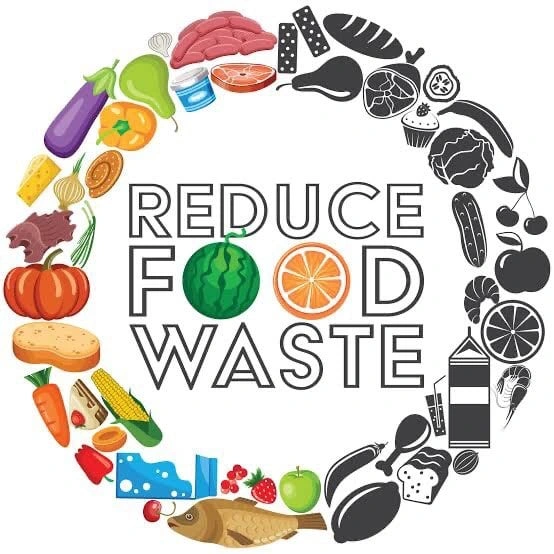
REDUCE FOOD WASTE
Reducing food waste is a key part of creating a sustainable food system. This can be done through a variety of strategies, such as reducing portion sizes, encouraging food sharing, and using food scraps for composting. It also involves changing the way we think about "expired" food. Just because a food item has passed its "best by" date does not mean it is no longer edible.
In addition, consumers can support a sustainable food system by choosing foods that are produced in an environmentally and socially responsible way. This includes buying organic and fair trade products-, and avoiding processed and packaged foods. Another important aspect of a sustainable food system is the use of alternative proteins. Traditional livestock farming has a significant impact on the environment, including through the use of water, energy, and land. It also contributes to climate change through the production of methane gas. As the global population continues to grow, the demand for meat and dairy products is expected to increase. This could put even more strain on the environment.
To address this issue, many people are turning to alternative proteins, such as plant-based proteins and cultured meat.
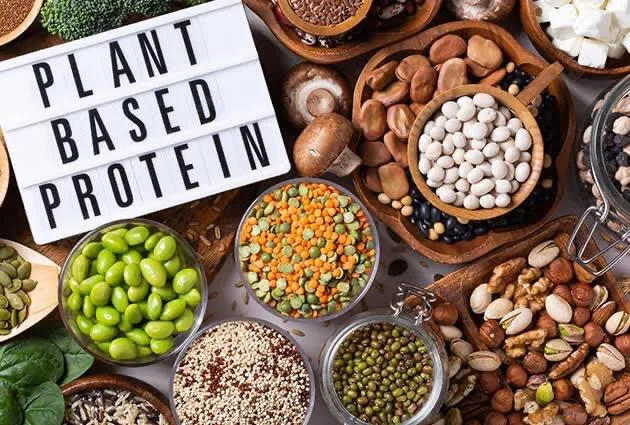
PLANT-BASED PROTEINS
Plant-based proteins, such as beans, legumes, nuts, and soy products, have a much lower environmental impact than animal products. They require less land, water, and energy to produce, and they generate fewer greenhouse gas emissions. They can also provide important health benefits, such as lowering cholesterol and blood pressure. In addition, new technologies are being developed to make the food system more sustainable. One example is precision agriculture, which uses sensors and data analysis to optimize the use of resources like water, fertilizer, and energy.
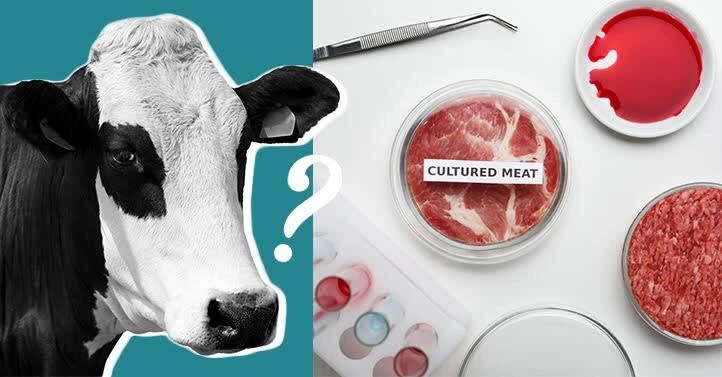
CULTURED MEAT
Cultured meat, also known as lab-grown meat, is another alternative to traditional livestock farming. It is produced by growing animal cells in a controlled environment. This allows for the production of meat without the environmental impacts of traditional farming. While cultured meat is still in its early stages of development, it has the potential to be a more sustainable and ethical source of protein. It could also address some of the ethical concerns associated with the treatment of animals in the meat industry. However, there are some challenges that need to be addressed, such as cost, scalability, and consumer acceptance.
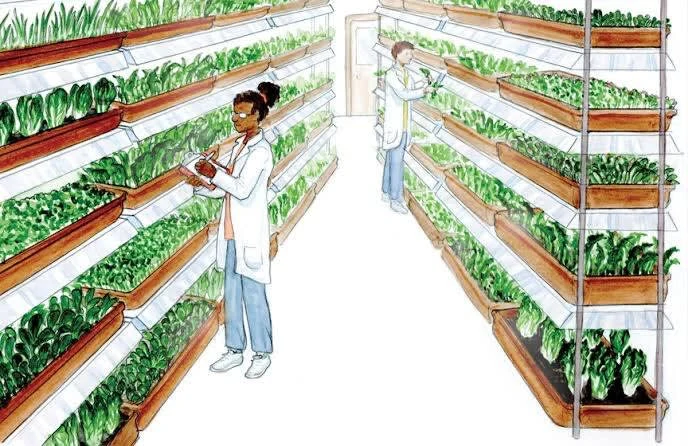
VERTICAL FARMING
Another example is vertical farming, which involves growing crops in stacked layers, rather than horizontally. This allows for more efficient use of space and resources, and it can be done indoors, reducing the impact of weather and climate change. Some companies are also exploring the use of insects as a protein source, which would require less land and water than traditional livestock. These are just a few examples of the innovative solutions that are being developed to create a more sustainable food system. There is still a long way to go, but these technologies have the potential to make a significant impact.
To summarize, the environmental impact of food production is a complex and all-round issue. There are many different factors that can have a negative impact on the environment, including water and land use, food waste, and the use of pesticides and fertilizers. It is important to consider all of these factors when looking at ways to improve the sustainability of our food system. By making small changes in our own lives, we can help to reduce the overall impact of food production on the environment. Thank you for taking the time to learn more about this important issue.
Like this project
Posted Oct 2, 2023
A well-detailed article summarizing the environmental impact of food production and the complexity of sustainability






